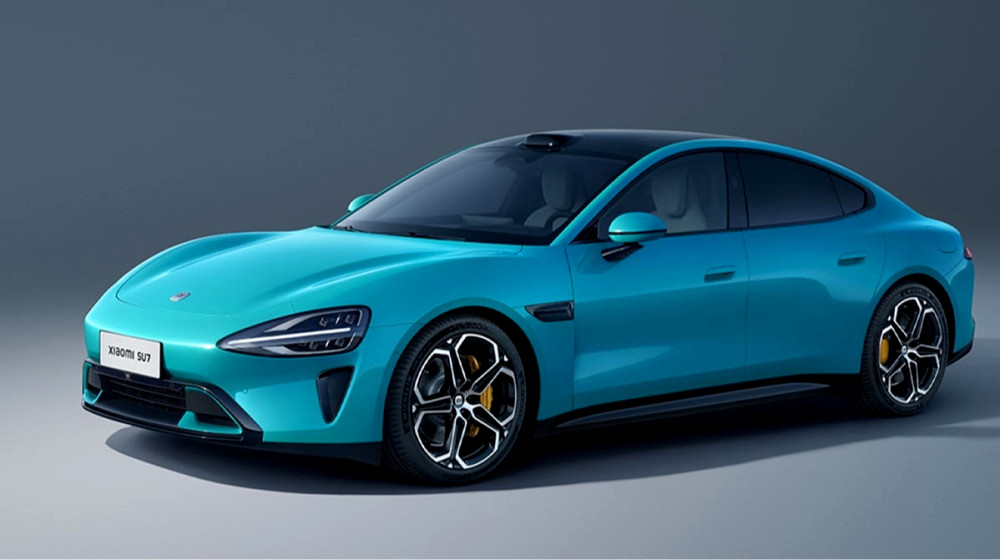The demand for Xiaomi SU7 electric vehicles in China is experiencing a significant decline following a tragic accident in March that resulted in the deaths of three individuals, as well as accusations of misleading advertising. According to Bloomberg, citing a report from Deutsche Bank, orders in April dropped to approximately 36,000 units — a 55% decrease compared to March. The decline continued into May, with supply volumes also decreasing from 7,200 vehicles in the third week of April to 5,200 in the second week of May.
The reasons for this decline are linked to the aftermath of the accident and the controversy surrounding the SU7 Ultra model. Over 300 customers are seeking to cancel their orders due to misleading claims about the hood design. Xiaomi previously claimed to have air ducts for improved aerodynamics, which were later found to be non-existent.
These incidents have negatively impacted both the brand's reputation and financial performance: the company's shares in Hong Kong fell by 1.4%. Earlier, in February and March, the SU7 showed promising sales trends, but demand sharply decreased in April.
Analysts, including those from the China Automobile Dealers Association, have noted a steady decline in sales since mid-April. Earlier reports indicated that due to these issues, Xiaomi has also postponed the launch of its first crossover, the YU7.
Following the accident, Chinese regulators have intensified their oversight of electric vehicle safety. Particular attention is being given to autopilot systems — which were activated at the time of the accident in the SU7. Additionally, requirements for battery reliability and the design of retractable door handles, which may complicate evacuation in the event of power failure, are being reviewed.



